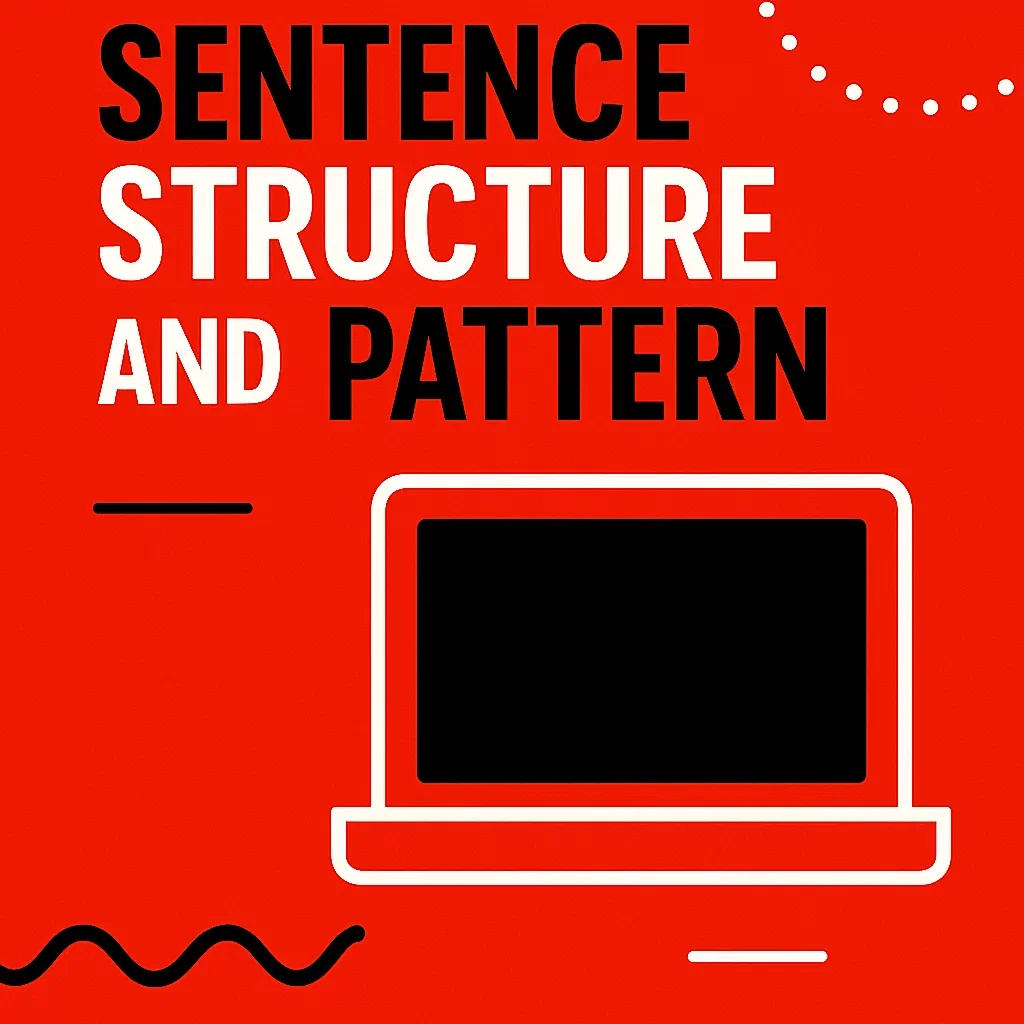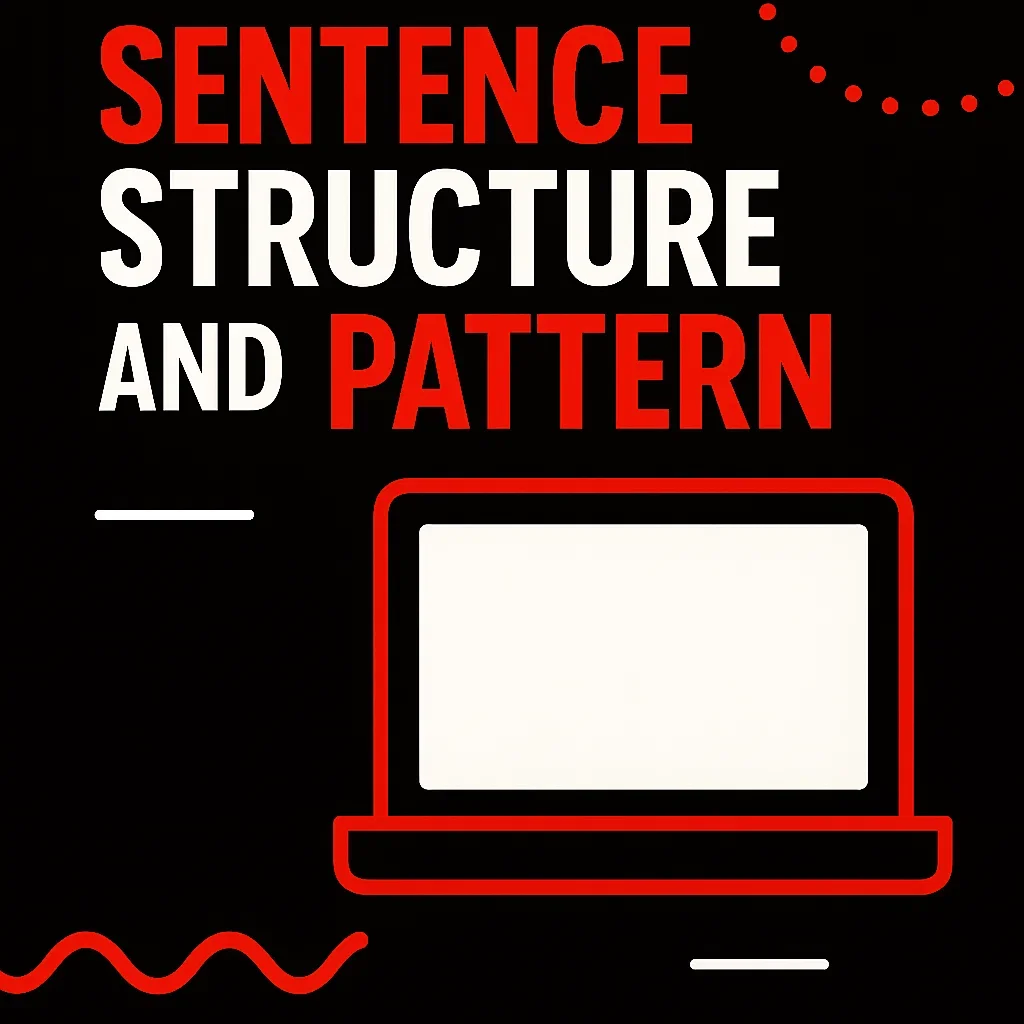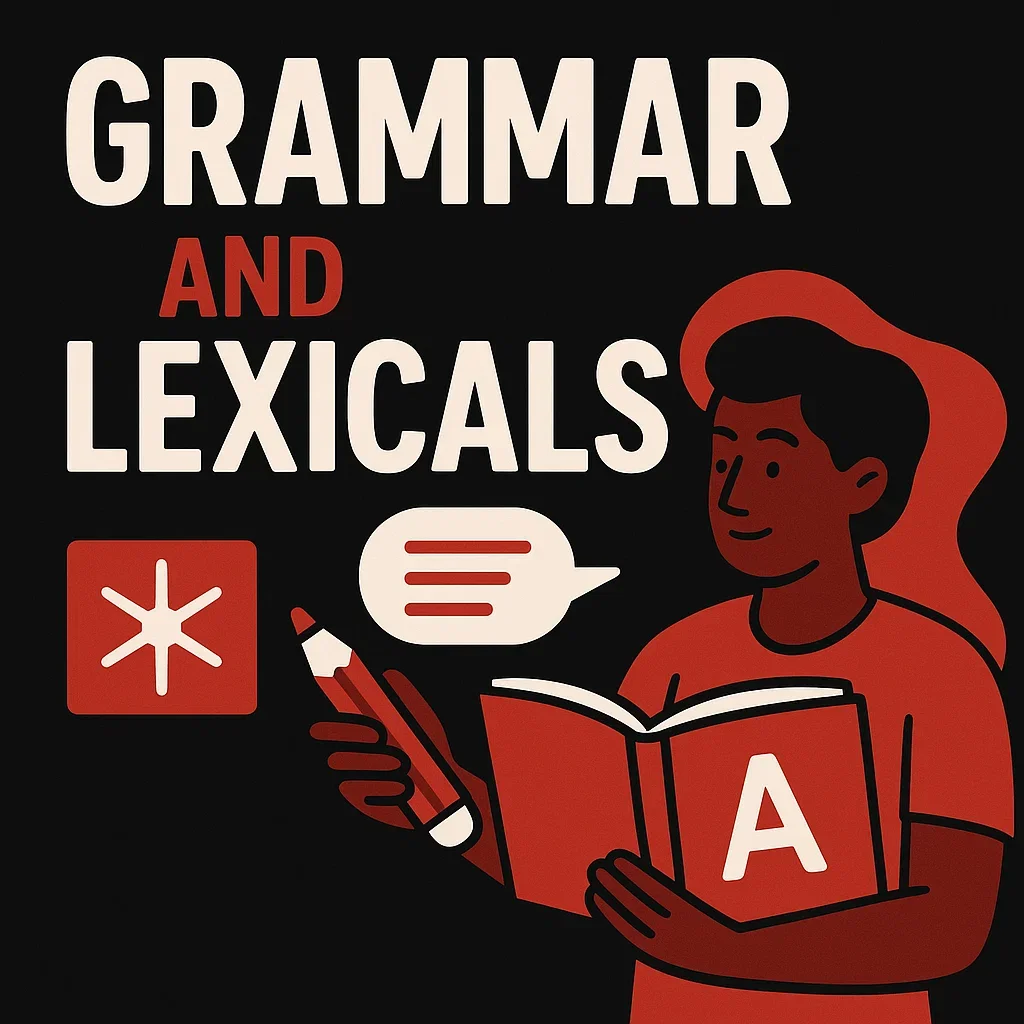Different Types of Pronouns in Igbo Language taught by Uzoma Veer
This post is set to “Public View,” so anyone with a link can view it. Feel free to share with others.
Watch a recording of Session 14 from our free Igbo language class held on Zoom below ↓
Quick recap
This meeting focused on Igbo grammar, particularly pronouns and their usage in various contexts. The group discussed different types of pronouns, including personal, impersonal, possessive, and demonstrative, as well as their translations and applications in Igbo sentences. Throughout the session, participants practiced identifying and using pronouns in Igbo, with an emphasis on improving spoken fluency and understanding the language's unique grammatical structures.
Next steps
All participants to practice identifying and using Igbo pronouns in sentences.
All participants to review the different types of Igbo pronouns discussed in the class.
Uzoma to provide more examples of sentences using "ya" as "it" in the next class.
All participants to practice translating sentences between English and Igbo, focusing on correct pronoun usage.
Uzoma to continue the discussion on sentence structures and pronouns in the next class.
Session Summary Notes
Igbo Grammar and Speaking Skills
The class focuses on Igbo grammar, specifically pronouns and types. Uzoma discusses the concept of color in Igbo, explaining that "agwa" refers to how something appears rather than color itself. He uses examples to illustrate the difference between "acha" and "agwa" in context. The lesson also covers the verb "to buy" in Igbo, with Uzoma explaining the difference between "izuta" and "igote" and their usage in different settings. The class aims to improve speaking fluency rather than just writing skills, emphasizing the importance of communicating like native speakers.
Igbo Pronouns: Gender and Distinction
Uzoma explains what pronouns are called in Igbo, stating that they do not indicate gender, unlike in English. He demonstrates this concept using examples, showing that the same pronoun is used for both "he" and "she" in Igbo. Uzoma then discusses personal pronouns and impersonal pronouns, explaining that personal pronouns reveal number and person but not gender in Igbo. He also clarifies the difference between "ha" (they) and "ya" (it) in Igbo, noting that they are distinct pronouns with different meanings.
Igbo Pronouns Translation Discussion
The group discusses English and Igbo pronouns, focusing on the translation of "it" and "that" in different contexts. Uzoma explains that "it" can be translated as "ya" or "ọ" depending on specificity, and demonstrates how "that" is translated in the sentence "That is too cold." The conversation also covers possessive pronouns and demonstrative pronouns in Igbo. Data and Nlotachika contribute to the discussion, asking questions and offering insights about the nuances of Igbo grammar, particularly regarding the use of "juru" as an intensifier in sentences.
Igbo Bird Vocabulary Discussion
Uzoma and Data discuss Igbo vocabulary related to birds and demonstratives. They practice translating the sentence "Those birds flew away" into Igbo, with Data initially confusing birds with chickens. Uzoma clarifies that birds are called "nnunu" in Igbo and explains the use of demonstratives like "nke ahu" and "ndi ahu". The conversation also touches on the meaning of "ojuju" in Igbo, though Uzoma decides not to delve too deeply into its explanation to avoid potential confusion.
Igbo Demonstrative Pronouns in Context
Uzoma explains that in Igbo language, figures of speech are not static but constantly changing based on context, unlike in English. He discusses demonstrative pronouns, noting that "ahu" is the root word for "that" or "those," which can be shortened to "nke" or "ndi" for singular or plural forms, respectively. The class practices using these pronouns in sentences, with examples like "This is my cup" and "Those chairs are small" translated into Igbo. Uzoma emphasizes the importance of understanding context when interpreting Igbo grammar and syntax.
Igbo Pronouns and English Equivalents
The group discusses identifying pronouns in Igbo sentences and their English translations. They analyze several examples, including "Give me that blue cup" and "Who has that red cap?" The participants debate whether "who" is considered a pronoun, with Data explaining it is an interrogative pronoun. Uzoma clarifies that "onye" combined with "kedu" forms the Igbo equivalent of "who." The session concludes with the group examining a sentence about green leaves, determining it contains no pronouns.
Igbo Pronouns and Sentence Structures
The group discusses Igbo language learning, focusing on pronouns and sentence structures. Uzoma leads the session, presenting slides with Igbo words and phrases, and encourages participants to practice using pronouns in Igbo. They plan to continue exploring sentence structures and pronouns in the next class. Uzoma suggests using the presented information to improve spoken Igbo and translation skills, emphasizing that recognizing these pronouns can aid in understanding and constructing Igbo sentences.
Meet Your Instructor
Uzoma Veer is a creative professional and founder of Veepress Integrated Services. Passionate about purposeful design and communication, Uzoma works as a UI designer, social media manager, Igbo tutor, translator, creative writer, and public speaker.



















